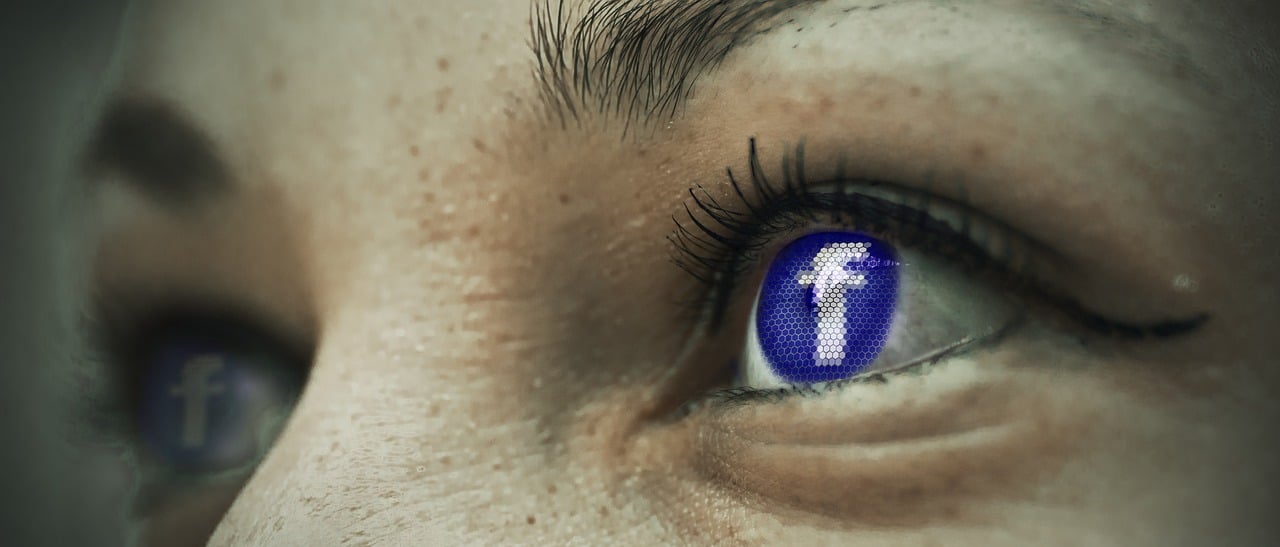
Facebook has secretly deleted a few messages sent by Mark Zuckerberg and other senior executives on Messenger. The company did confirm the action, saying that a few sensitive messages were deleted owing to the increasing threat of hacking of the accounts.
Both Instagram and WhatsApp allows users to delete messages that they do not want to keep in the thread. Facebook does not offer the same luxury, unless you are the CEO of the company.
Explaining why it was done, the social networking giant in a statement to TechCrunch, said that after Sony Pictures emails were hacked in 2014, a string of changes were brought in to protect the communication of the executives. Those changes included limiting the retention period for Mark’s messages in Messenger.
“We did so in full compliance with our legal obligations to preserve messages,” the company said. Hackers attacked the emails of Sony film executives. The hack exposed aspects of Hollywood rarely known to outsiders, along with raising the alarm for companies like Facebook.
Corporations across the globe do have the data retention policies that enable them to delete the emails and messages from their own accounts. However, they do not go after the messages from the accounts of recipients outside the company. But the majority of these corporations are not Facebook, which owns the communication channel and hosts both sides of the messages.
Even if Facebook feared a hack attack, it could have simply deleted the messages from their end, something that every Facebook user is free to do rather than deleting it from the various recipients’ inboxes. On the other hand, even if, for some reason it looked more feasible to delete the message from the server, some sort of disclosure would have been the ethical way to do it, notes TechCrunch.
Also, the decision to remove the messages might have been taken to weed out specific types of messages that could either be too sensitive or embarrassing. It is widely known that when Facebook was new, Zuckerberg called people “dumb fucks” for trusting him and also hacked into a Facebook user’s private email account back in 2004.
With Zuckerberg’s response to the messages deleted, the conversation simply remains a one-sided conversation. When asked if it counts as a “breach of user trust,” the social networking giant declined to comment. Being the CEO, Mark Zuckerberg already gets special treatment when it comes to his Facebook profile. On the PC, his profile doesn’t show a button to add him as a friend, while on the mobile the button is grayed out and disabled, notes TechCrunch. And, this is understandable as well, but changing the messaging inbox of other users is concerning.
Nowhere in Facebook’s term of service, is there a mention about removing the content from accounts unless it violates the community standards. Therefore, the secret deletion of the messages looks a little shady at a time when the company is grappling with the data privacy scandal issue.
Earlier this week, the Menlo Park, California-based company revealed that 87 million people, most of them in the U.S., may have gotten their data compromised in the Cambridge Analytica scandal. To ensure that such things don’t happen in the future, the company has implemented some major changes. Mark Zuckerberg will testify before Congress next week to answer questions on the measures taken by the company to use and protect user data.
Earlier this week, Mark Zuckerberg also stated that “malicious actors” are tracking phone numbers and email addresses of Facebook accounts. Further, Facebook’s chief technology officer, Mike Schroepfer, told the Financial Times that the company had made big changes in its approach to the threats from the hackers.
“We will still be launching new products but prior to launching them we are sitting down and trying to think of all the possible bad uses of them and what bad actors might do with them, and how do we mitigate those things,” Schroepfer told.
The social networking site is also reducing its Android call history and SMS data collection after users discovered years of phone records and SMS communications in their accounts. The opt-in feature has been deployed by the company to make its friend recommendation algorithm better by requesting access to contacts, SMS data and call history on the Android phones.
Update: the article has been updated with comments from a Messenger spokesperson to ValueWalk:
“We have discussed this feature several times. And people using our secret message feature in the encrypted version of Messenger have the ability to set a timer — and have their messages automatically deleted. We will now be making a broader delete message feature available. This may take some time. And until this feature is ready, we will no longer be deleting any executives’ messages. We should have done this sooner — and we’re sorry that we did not.”





